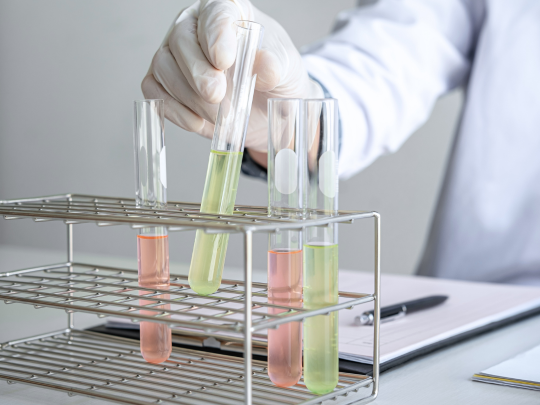Pathology performs a special role in the detection of diseases, which further helps in their diagnosis. When a doctor becomes doubtful after going through your symptoms or body signs, they refer you to the pathologist. The Pathology Collection is used for specific pathological test references. Samples of blood, urine, stool, or tissue are collected from individuals for these tests. Let’s know more closely about Pathology Collection & its importance below:
What is a Pathology Collection?
Pathology Collection involves collecting blood, urine, faeces, and tissue for laboratory investigation. These samples are used in several tests to identify, diagnose, and observe diseases and disorders. It is among the fundamentals of contemporary medicine.
Although needles and sample collection make many individuals uncomfortable, the procedure is typically fast, quick, and not very uncomfortable. More significantly, the data obtained from pathology testing is frequently vital to your well-being.
Why is Pathology Collection Important?
A lot of healthcare options are based on pathology testing. This explains the importance of Pathology Collection:
1. Accurate Diagnosis
Doctors use pathology to diagnose symptoms. Full blood counts can identify infections, anemia, and some malignancies like leukemia. Many diseases would go untreated or mistreated without pathology.
2. Effective Treatment Plans
Pathology results assist doctors in choosing a treatment after diagnosis. TSH and liver function tests help doctors treat thyroid problems and liver illness, respectively.
3. Monitoring Health and Treatment
Pathology Collection enables continuous condition monitoring. Blood glucose checks and routine testing are important for diabetes management. They also help ensure proper treatment adherence for those taking anticoagulants.
4. Early Detection of Disease
Regular screening procedures, such as cancer detection kits or Pap tests, can identify problems before symptoms appear. Pathology Collection is crucial even when you’re feeling well because early discovery improves the likelihood of a successful course of therapy.
5. Research and Prevention
Samples donated to medical research assist in enhancing treatments and illness information for example by measuring cholesterol levels for heart disease risk, pathology helps prevent illness.
Common Pathology Tests
Many additional types of examinations are typically carried out, including the following:
- Full Blood Count: Checks red, white, and platelet cells for infections, anemia, and malignancy.
- Liver Function Tests: Liver enzymes and chemicals can indicate injury.
- Iron Studies: Evaluate iron levels to identify anaemia or iron overload (haemochromatosis).
- TSH (Thyroid Stimulating Hormone) Test: It is useful for analysing the function of thyroid hormone.
- Urinalysis: Urinalysis tests urine for health issues. It detects urinary tract infections, renal illness, diabetes, and more.
- Stool Tests: Help detect diseases and colorectal cancer.
The Role of Pathologists
By examining Pathology Collection, pathologists are medical professionals who focus on the identification, prognosis, and management of illnesses. They use different techniques to analyse samples to detect the origin of illness. It includes laboratory testing, microscopy, autopsies, and biopsies.
Conclusion
Pathology Collection is essential for detecting the disease or its level of infection in the human body. Its resultant provides the next level for its treatment. The early detection of several diseases may save lives & improve health. Thus, if your doctor recommends a test, know that it will help you stay healthy. Pathology Collection tackles your doctor’s questions to improve your medical treatment.

